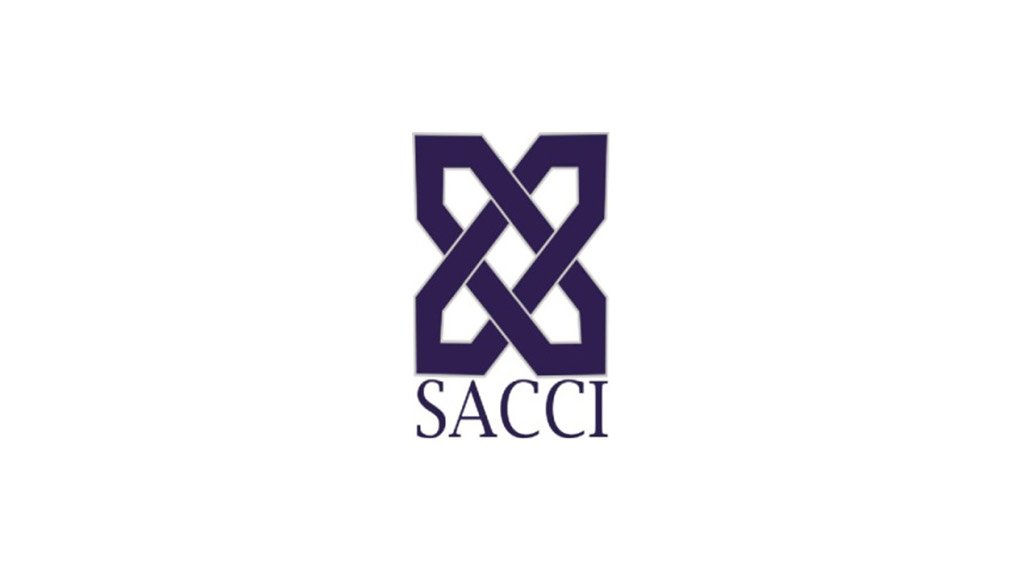- SACCI: Lower Business Confidence0.26 MB
/ MEDIA STATEMENT / The content on this page is not written by Polity.org.za, but is supplied by third parties. This content does not constitute news reporting by Polity.org.za.
The SACCI’s Business Confidence Index (BCI) for July 2019 declined after it improved marginally by 0.3 index point in June 2019. It measured 92.0, 1.3 index points lower than the June 2019 level, and 2.7 index points lower than the July 2018 figure. This is the second lowest level of the index since January 2019, the lowest being in March at 91,8. The highest BCI of 95.1 was recorded in January.
Notable positive monthly effects on the BCI were caused by the stronger weighted rand exchange rate, the volume of retail sales, and a decline in the real predominant bank overdraft rate. Although the real economic activity business climate remained challenging, the financial conditions pertaining to the business climate improved due to exogenous factors like higher commodity prices and a lower repo-rate.
The year on year and month on month performance of especially merchandise import and export volumes made negative contributions to the business climate. The positive annual change in energy supply was owing to the US-dollar crude oil price that declined by 10 US-dollar over the year to July 2019. The recently released unemployment figures in the second quarter of 2019 is the most telling indicator of the subdued performance of the South African economy.
The decision by the South African Reserve Bank to reduce the benchmark repo rate by 25 basis points, should have a positive impact on aggregate demand that could positively impact on real GDP.
The lower BCI comes at a time when there is already a very high expectations of a shift by government to full implementation of policies geared for economic growth, job creation, alleviation of poverty, crime and social injustices among other priorities, after the election of a new government in the May 2019 elections.
The high level of optimism that existed immediately after the election of President Ramaphosa, is being affected by indications that the ruling party is divided on policy, political and factional lines, on the basis that these divisions have a direct impact in government’s efficiency and effectiveness in implementing its policies and managing the fiscus. The widely reported poor financial position of state-owned enterprises (SOEs) and municipalities has been and continues to be a huge cause for concern.
It is SACCI view that the manner in which SOEs and municipalities are led, managed and operated is the primary cause of their problems. Government’s own current practice of how leadership and management is appointed to run its businesses and municipalities is where all problems start. As mentioned in SACCI’s previous comments, it is no longer negotiable that government urgently restructures its policies and procedures on how SOEs are managed, particularly through the independent appointment of competent boards and management.
SACCI is looking forward to engaging government to present its members’ concerns about the recently reported low GDP rate and the increased unemployment figures.
Issued by SACCI
EMAIL THIS ARTICLE SAVE THIS ARTICLE ARTICLE ENQUIRY
To subscribe email subscriptions@creamermedia.co.za or click here
To advertise email advertising@creamermedia.co.za or click here











